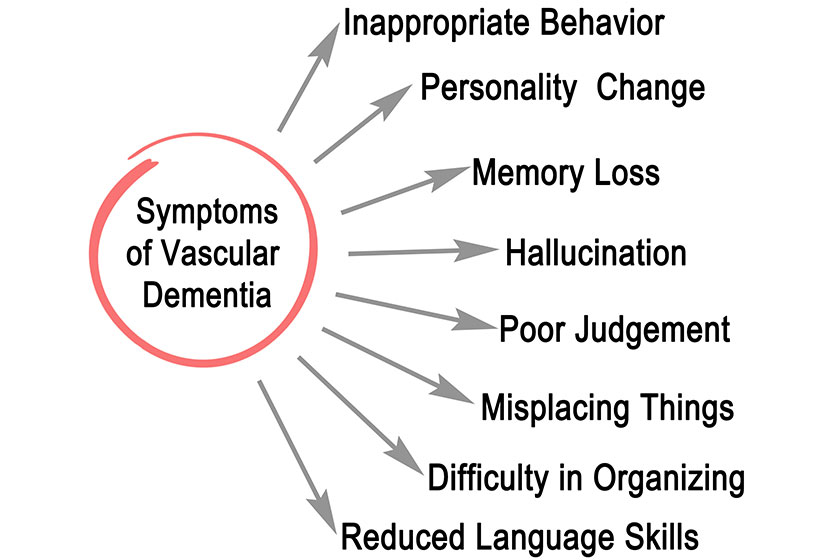We have our own way to demand psychological, physical, and social needs. After all, these are basic. Many times, we do many things in order to meet these needs, either consciously or unconsciously. Take note, however, that people with dementia may have a hard time doing this. It will even be difficult for them to communicate what they want. This is due to behavior changes in dementia that we must understand.
What Causes Behavior Changes in Dementia?
One of the causes has already been mentioned, in part, above. This is the fact that their needs have not been met. An example of this is the fact that they tend to be less alert when they are hungry or thirsty.
It can also be caused by wanting to meet that need. This is best exemplified by the fact that one may remove clothing even during inappropriate situations, whenever they are feeling hot. They would not care who sees them doing it. Another factor is making an attempt to communicate with others so that their specific needs will be fulfilled. An example of this may be using shouting as a means when they want to drink water so that they can be heard.
How Needs Affect Behavior
Consider the different types of needs in order to see how it affects someone’s behavior.
- Physical Needs: It can be one of many different scenarios. A person who is suffering from sight or hearing loss may mistake something they see or hear for another. The person may not also feel comfortable in certain environments. For them, one thing can be too noisy, or too hot, even when it is not the same thing for others. A person who is under medication may tend to communicate their feelings more openly because they are suffering from confusion.
- Psychological Needs: Some people may feel anxious and depressed, while others may feel frustrated about what is happening around them. When an environment seems unfamiliar to them, they become unsettled and confused. They may also be having delusions or hallucinations to some extent.
- Social Needs: Some people feel lonely or isolated while others feel bored. Whenever someone visits them, they can be confused about how they will react to their visitor, because one may interact differently with them than the other. Some may also hide their conditions and difficulties from others.
What You Can Do to Help
In order to help loved ones overcome these behavior changes, you need to provide the social support that they need. Allow them to exercise their freedom when making choices, and be independent when doing their daily activities. Encourage them to make decisions and find answers to their questions.
It may also be helpful to consider residing in a retirement community where team members are there to look after their needs, upon their request. This is a great place for them to enjoy daily activities, without getting confused about their situation.







